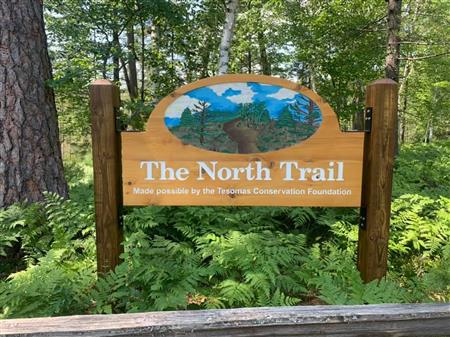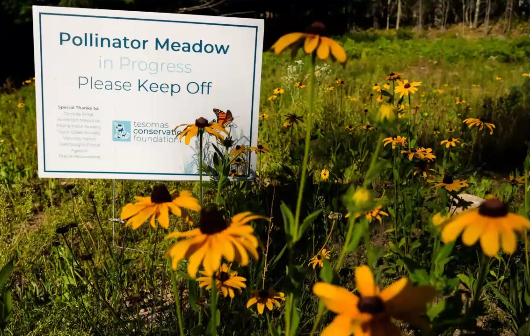
EcoEducation: The Role of Summer Camps in Environmental Education
Outdoors summer camp is a tradition for many Americans and there are many outdoor summer camps in the Great Lakes region. Summer camps tend to be on large acreages and are in ecologically interesting and sometimes sensitive areas. In Wisconsin, for example, 1% of land is owned by summer camps. While there is often times a desire to ensure the best environmental management of these acreages, often camps are strapped for funds, not clear on what to do and how to proceed, and seasonal in their staffing and their focus.
The Tesomas Conservation Foundation is working with camps to educate the next generation of stewards of the outdoors, complete environmental projects on the properties and create long term conservation plans.
On the education front, the foundation is connecting universities and colleges who may have environmental programs with the camp stakeholders. Giving field access to students and professors to complete research can help the camps better understand their ecology and connect their campers to further environmental education. The foundation also helps support active and passive (signage) environmental education for the campers.
Volunteer efforts of the foundation have included building boardwalks for protection and enjoyment of wetlands and solar projects on camp properties.
Conservation Planning may be the most unique focus of the foundation. Low funding levels and seasonal participation can make it hard to have any plan that can survive. Conservation planning requires a commitment that carries over year after year. The documentation that the foundation helps camps create and maintain will do things like protect wetlands and keep vehicles out of certain areas of the camp. Other things the conservation planning documents can do is connect the camps with other stakeholders - for example their riparian neighbors who share a watershed.
the larger properties create a haven for wildlife.


